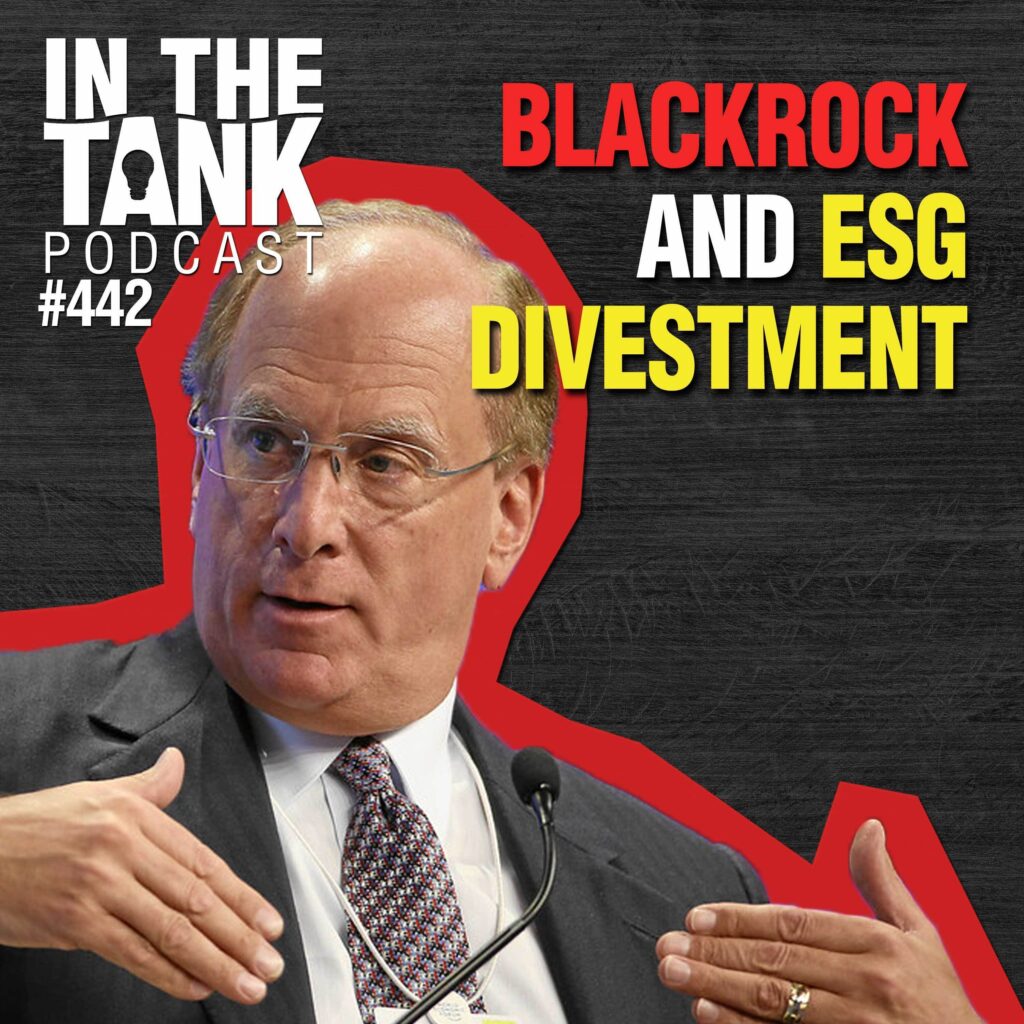In recent Heartland Institute articles, I explained how to drain the Washington, DC swamp through a reconstituted court system (originalist judges replace progressive judges). Here, a full package of key Supreme Court (SCOTUS) decisions to drain the swamp is proposed. But first, a discussion of the creation of the swamp is necessary.
The swamp can be traced in large part to the “administrative state.” The administrative state was first proposed by Woodrow Wilson as an answer to complex governmental operations. He argued that highly trained technocrats were needed to run such a government and that they should be given the power to do so. From the early part of the twentieth century to the present, Congress has given bureaucrats increasing authority in interpreting the law and writing the associated regulations. There has been some ebb and flow in this process, but the overall trend of the administrative state has been towards more control of almost every aspect of life in America. The Civil Service adds to the problem by providing bureaucrats with essentially life tenure to often promote ideas driving the expansion of government. When you add in a lobbyist built Congress bent on funneling taxpayer funds to almost everyone, a progressive media, and an educational system that lauds government and savages free enterprise, you have the swamp.
Everyone agrees that you cannot drain the swamp solely through President Trump’s Executive Orders and legislative action. Congress, in the large, is an integral part of the swamp and has no vision or desire to drain the swamp. Progressives naturally make use of swamp inertia and declare war on the President to protect their habitat. It’s in their genes. This is a war they will mostly win in the short run, because they have powerful supporters. But this is a war that they can lose badly in the long run, if President Trump has the opportunity and the will to place the right people in judgeships. If these judges have similar judicial views to Justices Gorsuch, Alito and Thomas, and if a reconstituted SCOTUS is willing to act decisively on the package of cases suggested here, then America’s downward course can be reversed. A 5-4 majority may not make much progress, but a 6-3 or 7-2 majority may provide the fortitude needed to act comprehensively. Such an agenda would not be reverse activism, but a reversal of activism.
Nine key SCOTUS cases are suggested that together could turn America around. This package of cases may not contain all that needs to be done to restore the republic, but it would surely move us far down the path. These cases are selected to allow a cohesive, united country to emerge to solve our problems in an innovative process not possible under the current administrative state. Justice Alito has suggested a SCOTUS agenda with a similar goal in a recent speech to the Federalist Society.
Case I. Taxation. Progressive taxes are declared unconstitutional based on Richard Epstein’s arguments in his book Takings. Under the 5th Amendment, no one may be taxed at a rate higher than others since that would constitute an illegal “taking”. There is no reasonable measure of benefits that would justify such a taking. A flat tax would have to be implemented. The tax code could be written in a few hundred pages. Due to the simplicity of a flat tax the IRS would be drastically reduced in size. At a 15% tax rate, a flat tax would be a tremendous stimulus to the economy – perhaps up to a 3% economic growth rate over time.
Case II. Regulation and Agencies. Federal government regulations are declared unconstitutional with some limited exceptions. The courts can fill any gap here as they did before the rise of the administrative state. Federal government agencies, boards, commissions and so forth (now numbering 600+) are declared unconstitutional, except for the following departments: Treasury, Defense, State, Justice, Homeland Security, Environmental Protection Agency (with very restricted scope; no CO2 mandate), Securities and Exchange Commission (without Dodd/Frank), and certain independent agencies and subparts of abolished agencies (such as Federal Aviation Administration, National Transportation Safety Board, Federal Energy Regulatory Commission, Nuclear Regulatory Commission, Central Intelligence Agency, Census, some other statistics gathering units and perhaps other subgroups). The private sector can help rearrange and fill the health and welfare needs through innovative market solutions and charity groups that would jump at the opportunity to help. Regulatory rollback on the scale suggested could generate perhaps up to a 2% economic growth rate over time.
Case III. Education Vouchers. Education vouchers are declared the law of the land from pre-K to graduate school. Education would be freed and schools, new and old, would thrive in a competitive environment.
Case IV. Religion. The court finds that a state sponsored religion, such as the Church of England or the Muslim Theocracy of Iran, is not constitutional. Otherwise, non-violent religious freedom reigns both privately and publicly. Prayer is allowed in public schools and the public square and the Ten Commandments can be posted anywhere.
Case V. Equality. The court makes it clear that all citizens are created equal before the law, that no one is more equal than another, and that we are all Americans, not a nation of tribes.
Case VI. Free Speech. The court finds that free speech is a civil right enforceable under the civil rights laws. It is illegal to impede free speech on college campuses or elsewhere. The FBI can arrest those who impede free speech, those rioting against free speech and those who foment violent action against free speech as well as those who fund such actions. The FBI may recommend prosecution to the Office of Civil Rights of the Justice Department.
Case VII. Feelings Decisions. The abortion and homosexual marriage decisions were “feelings decisions”. The majority of the court essentially said, “We feel sorry for you and therefore we will create a right that does not exist in the Constitution to make you feel better”. The reason for overturning these decisions is not that the court may no longer feel sorry, or that murder is abhorrent or that marriage is a settled institution. The primary reason to overturn these decisions is that they weaken the Constitution, the SCOTUS, and the entire legal system by saying, “Anything goes as long as you have the votes”.
Case VIII. Immigration. The court finds that the President has broad powers to restrict immigrant entry to the country just as the law clearly says and that those who petition to enter the country have no rights of citizenship. The President has broad powers to expel non-citizens from the country just as the law clearly says.
Case IX. The Constitution. The court finds that the Constitution should be posted in every classroom across the country. Most Americans have never read the twelve pages of the Constitution (The European Union charter is over 1000 pages.). This is regrettable because it is the founding document of our country and is the legal basis for our government and freedoms. It is a dereliction of education duty to ignore the Constitution. You do not need a constitutional law professor to explain the Constitution. The founders structured the Constitution and the wording so that ordinary citizens could read it and understand it. As more citizens appreciate the basic tenets of the Constitution, it will be much more difficult to subvert the Constitution.
The conventional response to this proposal may likely be: You can’t do that! But ask yourself how we got into the present situation. Progressives used the courts to sneak many outlandish and corrosive public policies by the electorate. Why can’t reasoned people take a page from the progressive playbook and reverse the process with a truthful interpretation of the Constitution?
If these SCOTUS cases were implemented as a package, America, over time, would change in many positive ways. The swamp would be drained. Congressional votes would be worth much less to lobbyists. Progressive ideas would have to compete in a real marketplace of ideas. Free speech and true debate would prevail. Education would thrive. The media would be left with focusing on real news. Religion might have a reawakening. We would be a nation of Americans, not tribes. Our serious immigration problems would be reduced. The environment and the economy would be balanced. Free enterprise and untold innovation would lead America and the world to new heights.





